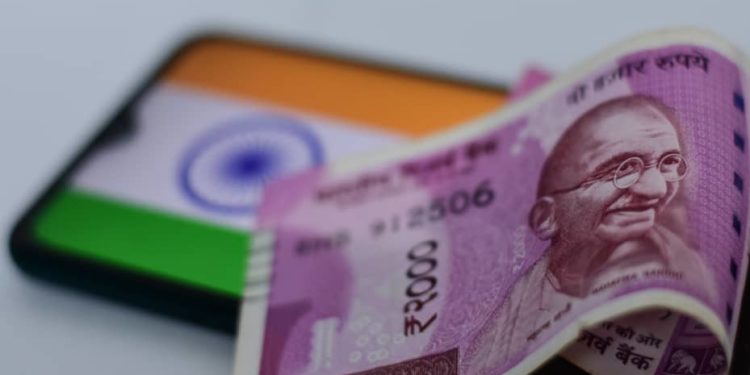India has overtaken the UK to become the world’s fifth-largest economy and is now behind only the US, China, Japan and Germany, according to IMF projections.
A decade back, the South Asian Country was ranked 11th among the large economies while the UK was the fifth. With record beating expansion in the April-June quarter, the economy has overtaken the UK, which has slipped to the sixth spot.
“On an adjusted basis and using the dollar exchange rate on the last day of the relevant quarter, the size of the Indian economy in ‘nominal’ cash terms in the quarter through March was USD 854.7 billion. On the same basis, the UK was USD 816 billion,” according to a Bloomberg report.
With south Asian Country being the world’s fastest-growing major economy, its lead over the UK will widen in the next few years.
“Proud moment for India to pip the UK, our colonial ruler, as the 5th largest economy: India $3.5 trillion vs the UK $3.2 trillion. But a reality check of population denominator: India: 1.4 billion vs UK 0.068 billion. Hence, per capita GDP we at $2,500 vs $47,000. We have miles to go… Let’s be at it!,” Uday Kotak, CEO of Kotak Mahindra Bank, said in a tweet.
The south Asian Country has a population 20 times that of the UK, so its GDP per capita is lower.
India’s GDP expanded 13.5 per cent in the April-June quarter, the quickest pace in a year, to retain the world’s fastest-growing economy tag, but rising interest costs and the looming threat of a recession in major world economies could slow the momentum in the coming quarters.
Gross domestic product (GDP) growth of 13.5 per cent year-on-year compares to a 20.1 per cent expansion a year back and 4.09 per cent growth in the previous three months to March, according to official data released earlier this week.
The growth, though lower than the Reserve Bank of India (RBI) estimate of 16.2 per cent, was fuelled by consumption and signalled a revival of domestic demand, particularly in the services sector.
Read also; India’s Central Bank Hikes Intrest Rate by 50 bps to Curb Inflation.




